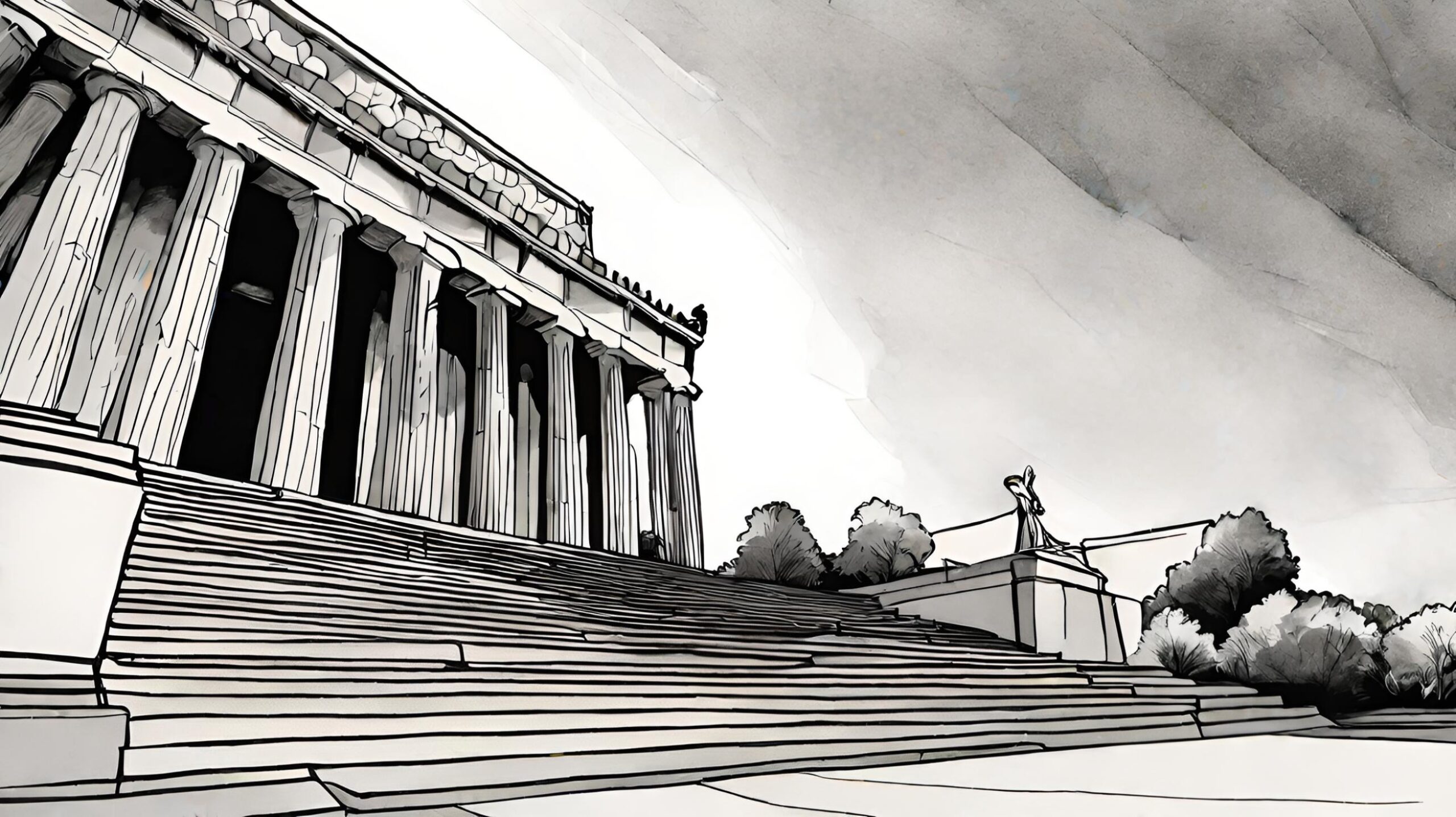Flashback to April 26
American History

On February 12, 1991, the city of New York was struck with the sad news of the passing of Robert Wagner, who served as mayor from 1954 to 1965. Wagner, a member of the Democratic party, played a crucial role in shaping the city’s history during his time in office. His death marked the end of an era, leaving behind a legacy that would be remembered for generations to come.
As the mayor of New York City, Wagner made significant contributions towards the growth and development of the city. He advocated for urban renewal projects, pushing for the construction of public housing and the revitalization of neighborhoods. His administration focused on improving the quality of life for the residents, particularly through the expansion of education and healthcare facilities.
One of Wagner’s most notable achievements was the creation of the New York City Housing Authority (NYCHA), which was established to provide safe and affordable housing for low-income families. The NYCHA went on to become the largest public housing authority in the United States, providing housing for hundreds of thousands of New Yorkers.
During his tenure, Wagner also worked on improving the city’s transportation infrastructure. He supported the construction of the Verrazzano-Narrows Bridge, which connected Staten Island to the rest of the city and bolstered economic growth in the area. Additionally, Wagner played a pivotal role in the creation of the Lincoln Center for the Performing Arts, a world-renowned cultural institution that continues to enrich the city’s artistic landscape.
Beyond his policy achievements, Wagner was a leader who prioritized the well-being of his constituents. He was known for his accessibility and willingness to listen to the concerns of the people. His approachable nature earned him the nickname “Gentleman Bob,” a testament to his gentle and compassionate character.
However, Wagner’s tenure was not without controversy. He faced criticism for his handling of the civil rights movement, with some accusing him of being slow to respond to the demands for racial equality. Nonetheless, he eventually pushed for legislation that ended discriminatory housing practices, marking a significant step forward in the fight for civil rights in New York City.
Following his time as mayor, Wagner remained active in public service, serving as a U.S. Ambassador to Spain and later as a senior adviser to the United Nations. In these roles, he continued to champion the causes he believed in and worked towards fostering global cooperation and understanding.
The passing of Robert Wagner was mourned by many, as his contributions to the city of New York had a lasting impact. His progressive policies and dedication to public service left an indelible mark on the city’s history. Today, his legacy lives on through the buildings, institutions, and policies that bear his name.
As we remember Robert Wagner on the anniversary of his passing, let us not only honor his accomplishments but also strive to carry forward his vision for a better New York City. May we continue to work towards creating a city that is inclusive, equitable, and prosperous for all its residents.
We strive for accuracy. If you see something that doesn't look right, click here to contact us!
Sponsored Content

The cornerstone is laid…
The cornerstone for the…

Vietnam War: The first…
On February 12, 1973,…

Robert Wagner, mayor (New…
Former New York City…

The Export-Import Bank of…
On February 12, 1934,…

US performs nuclear test…
On February 12, 1976,…

